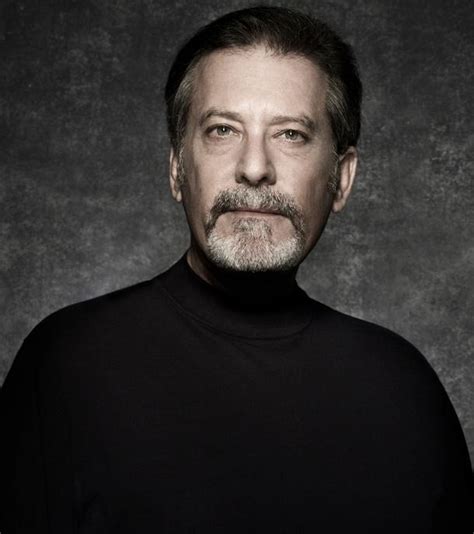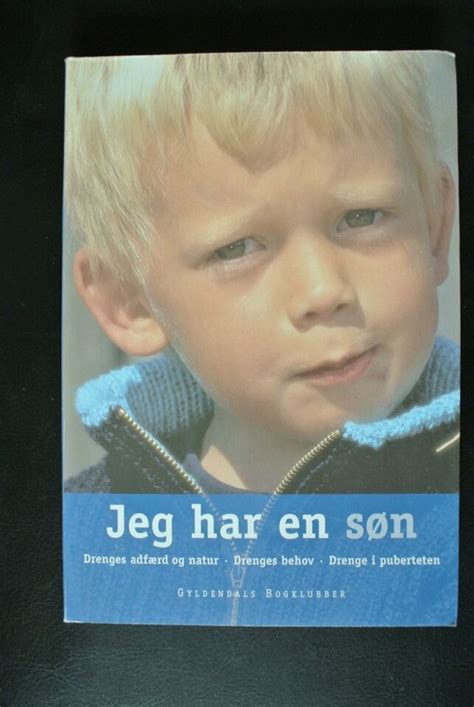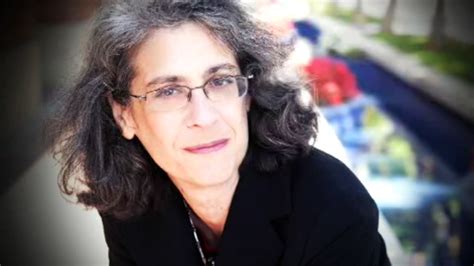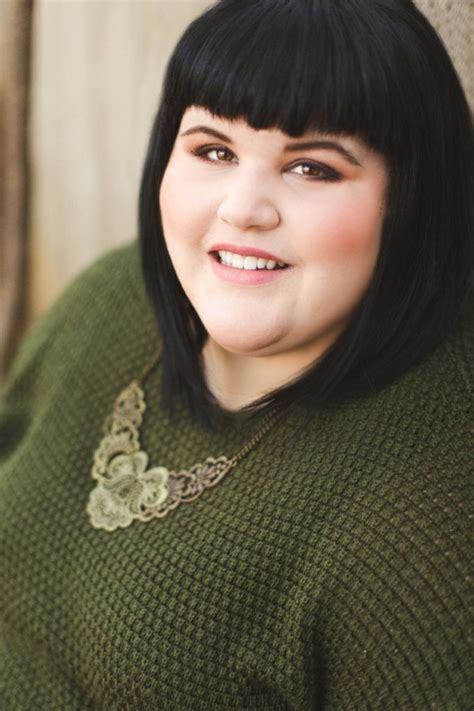A Quote by Robert Breault
Most of us don't need a psychiatric therapist as much as a friend to be silly with.
Related Quotes
A friend is more than a therapist or confessor, even though a friend can sometimes heal us and offer us God's forgiveness. A friend is that other person with whom we can share our solitude, our silence, and our prayer. A friend is that other person with whom we can look at a tree and say, "Isn't that beautiful," or sit on the beach and silently watch the sun disappear under the horizon. With a friend we don't have to say or do something special. With a friend we can be still and know that God is there with both of us.
There's a woman I see who's not my therapist, but she's like an old friend who's a therapist in profession. She lets me talk to her like a therapist once in a while, and she does a great thing. Whenever I have a big dilemma, like this is a big problem in my life, she always says, 'Wow, you're going to have to figure that out.'
The kind of caring that the client-centered therapist desires to achieve is a gullible caring, in which clients are accepted as they say they are, not with a lurking suspicion in the therapist's mind that they may, in fact, be otherwise. This attitude is not stupidity on the therapist's part; it is the kind of attitude that is most likely to lead to trust.
we need poetry most at those moments when life astounds us with losses, gains, or celebrations. We need it most when we are most hurt, most happy, most downcast, most jubilant. Poetry is the language we speak in times of greatest need. And the fact that it is an endangered species in our culture tells us that we are in deep trouble.
Parenting is not logical. If it were, we would never have to read a book, never need a family therapist, and never feel the urge to call a close friend late at night for support after a particularly trying bedtime scene. . . . We have moments of logic, but life is run by a much larger force. Life is filled with disagreement, opposition, illusion, irrational thinking, miracle, meaning, surprise, and wonder.





































